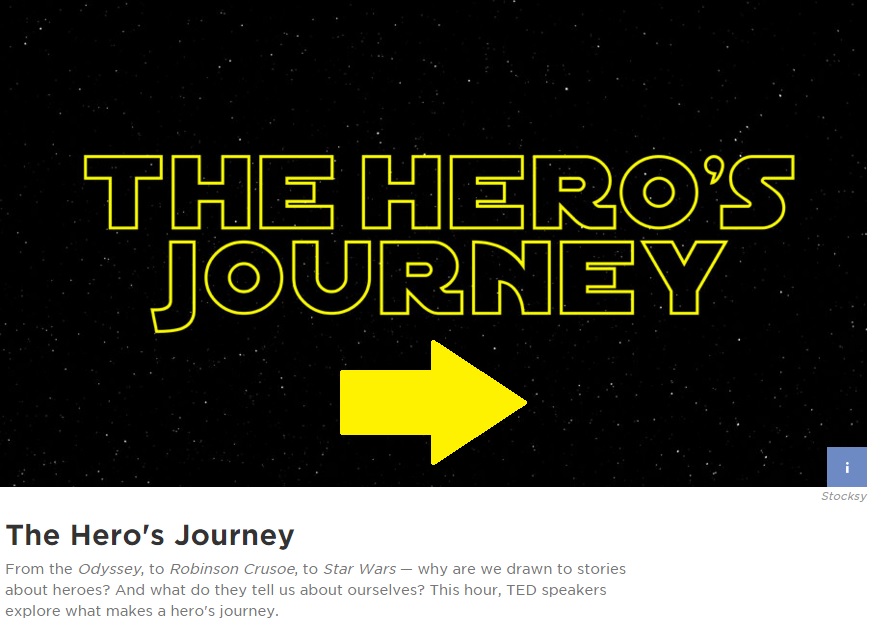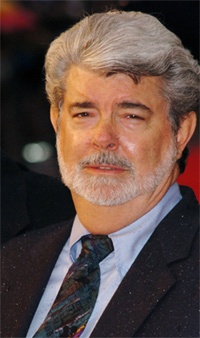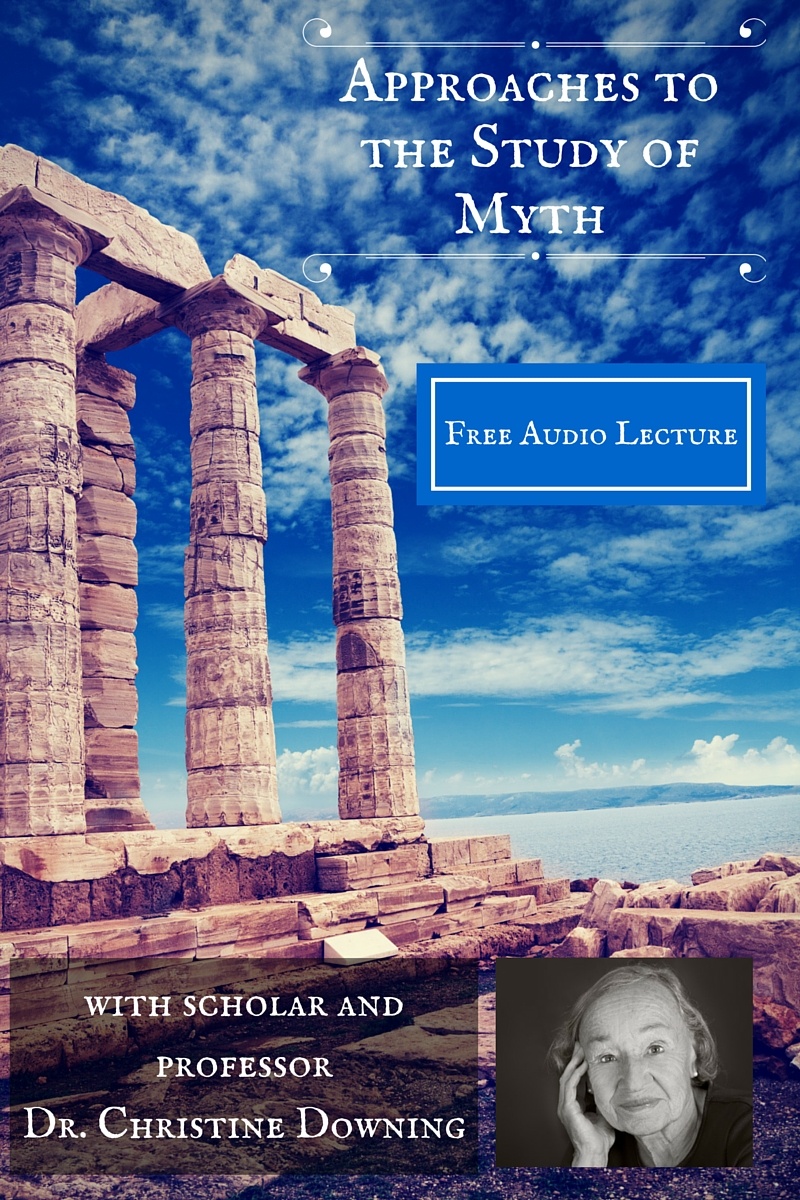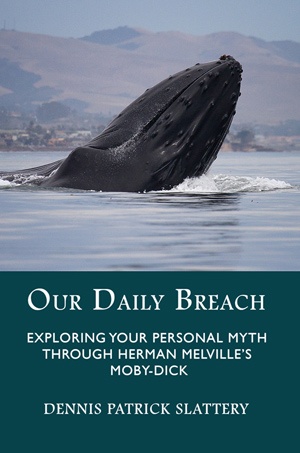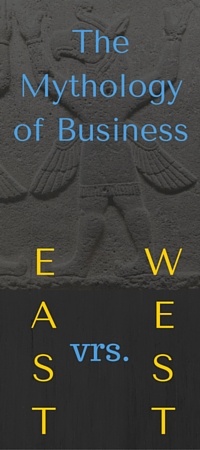A guest post by Dr. Dennis Patrick Slattery.
Now that the heat of the long-awaited release of the next installment of the Star Wars epic, franchise, industry, and monster money-maker has passed and the fires of enthusiasm have cooled a bit to a delightful glow, one might ask: what is it about this series of science fiction films, the brain-child of George Lucas, which has now been passed on to the brilliant director, JJ Abrams, whose task it was to retrieve some of the excitement of The Return of the Jedi (1983) by offering a plausible sequel to it, but revitalized and, well, made to reflect more inclusively the world we inhabit today?
Read More


